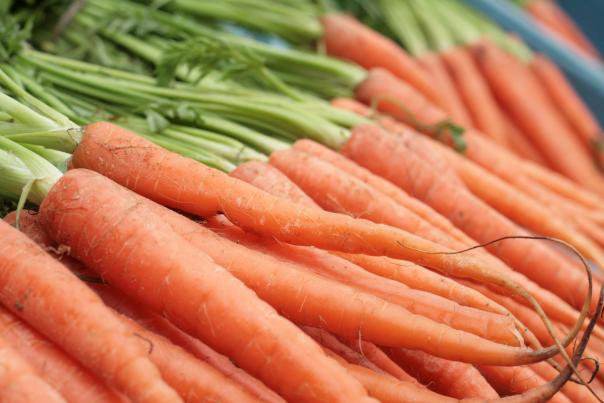
More than half of the UK’s carrot-growing areas have been hit by the recent flooding, which continues to prevent them from being able to put straw down to protect the crop from potential frost damage.
Coral Russell, from the British Carrot Growers Association, said: “The flooding has caught a lot of growers out. It has stopped them spreading straw as they usually do at this time of year. They [the growers] are sitting on a wing and a pray and hoping that we get a dry weather spell to be able to put down straw to protect the crop.
“More than 50% of the carrot growing area in the UK has been affected. The only exception being those grown in East Anglia and Scotland. If we have a frost now or more wet weather then all the carrots that are not covered with straw will get damaged and be unsuited for the market. They’ll be rotten.”
Commercial carrot growers across the North of England and the Midlands including Lincolnshire, Nottinghamshire, Yorkshire, Shropshire and Lancashire, have all been affected.
The harvesting of carrots is continuing, but flooded land has prevented growers from using the machinery and equipment necessary to spread straw. Growers are warning more wet weather or a frost could wipe out large amounts of the UK’s carrot harvest.
Mark Strawson, from Nottinghamshire, and one of the UK’s biggest carrot growers, added: “Unlike 2018, this year has generally proved to be an excellent growing season for carrots with both quality and yields above average. However, since mid-September unprecedented levels of rainfall have made field operation extremely difficult with very few entirely dry days recorded over an 8-week period. The worst affected areas are the East and West Midlands and Yorkshire where soils have been at field capacity for several weeks.
“This protracted wet period has not allowed growers to cover crops with straw which is vital to protect them from frost over the winter. With such a small area protected to date and field conditions remaining poor there is a very high risk of crop loss should the weather now turn cold. Such a situation would severely disrupt supplies to retail customers.”